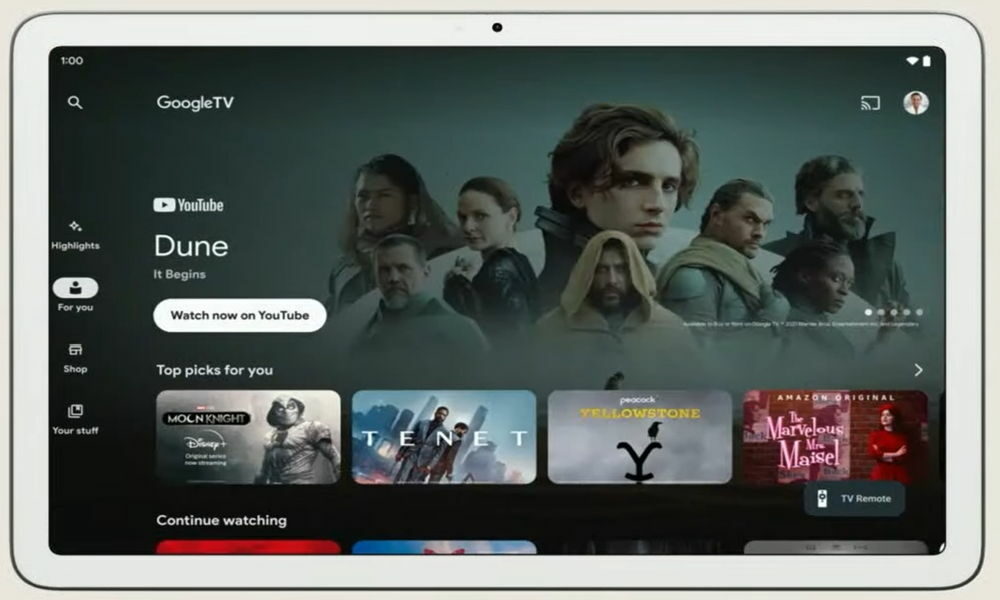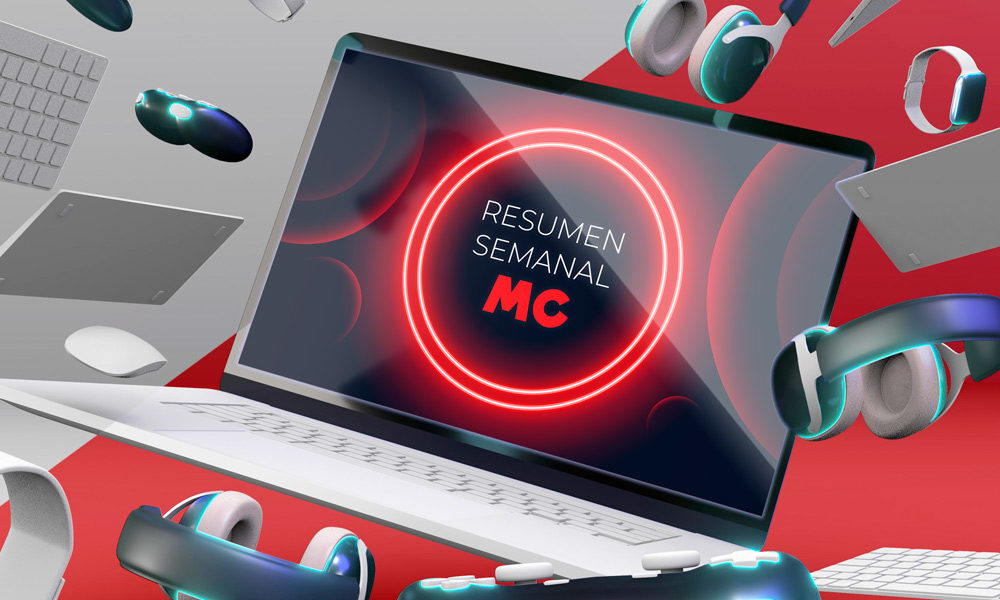
Google announced the development of a Pixel Tablet with which it will return to the tablet hardware market and 2 in 1. It is expected to be a reference model for developers and so that its partners in Android can better compete against the dominance of the iPad of Manzana.
The new Pixel Tablet will be powered by a variant of the Google Tensor, the custom SoC created internally by the Internet giant for the Pixel 6. It is certain that this engine will be accompanied by a sufficient amount of RAM and storage, updated connectivity to the latest interfaces with 5G included, a camera system with the usual performance in Pixel mobiles and accessories such as the keyboard with cover and styluses.
With everything, the big news can come from the software section. Google’s tablet will release an Android 13 with the additional capabilities that we have seen from Android 12L and that has offered special optimization for large screens or less common formats such as folding ones.
And the applications? a developer has detected in the Android source code that Google is testing a 64-bit-only version of Android 13 on a device codenamed “Tangor,” which is believed to correspond to the new tablet. Among the benefits of ceasing to support 32-bit applications, it would reduce the code base necessary for the optimized Android of this Pixel and also uses such as memory.
Interesting: “Move tangor to 64-bit only”
Tangor, the rumored Pixel Tablet, may ship with a 64-bit-only build of Android 13. That should reduce memory use, but it means the tablet won’t be able to run any 32-bit apps.https://t .co/C3d3Y5pS24 pic.twitter.com/1SKh3pPcG6
— Mishaal Rahman (@MishaalRahman) August 16, 2022
Against, would reduce the number of compatible applications, although it may not be a problem in the medium term. It must be said that Google has paved the way for 64-bit versions of Android for years and has been requiring developers to include 64-bit builds in apps they submit to the Google Play Store since mid-2019.
The developer notes that there is evidence that Google could be planning to require device manufacturers to ship only 64-bit versions of Android if they want to use their mobile services, starting with devices launching Android 14.
It is not clear that Google of that step. There are still a large number of Android phones and tablets that have processors with 32-bit CPU cores. And Google is unlikely to end support for 32-bit apps until that number drops in the next few years. Something similar happens like support for Windows Win32 applications that Microsoft would like to remove, but can’t. What do you think? Do you think that Google should make the final leap to 64-bit applications on Android?



